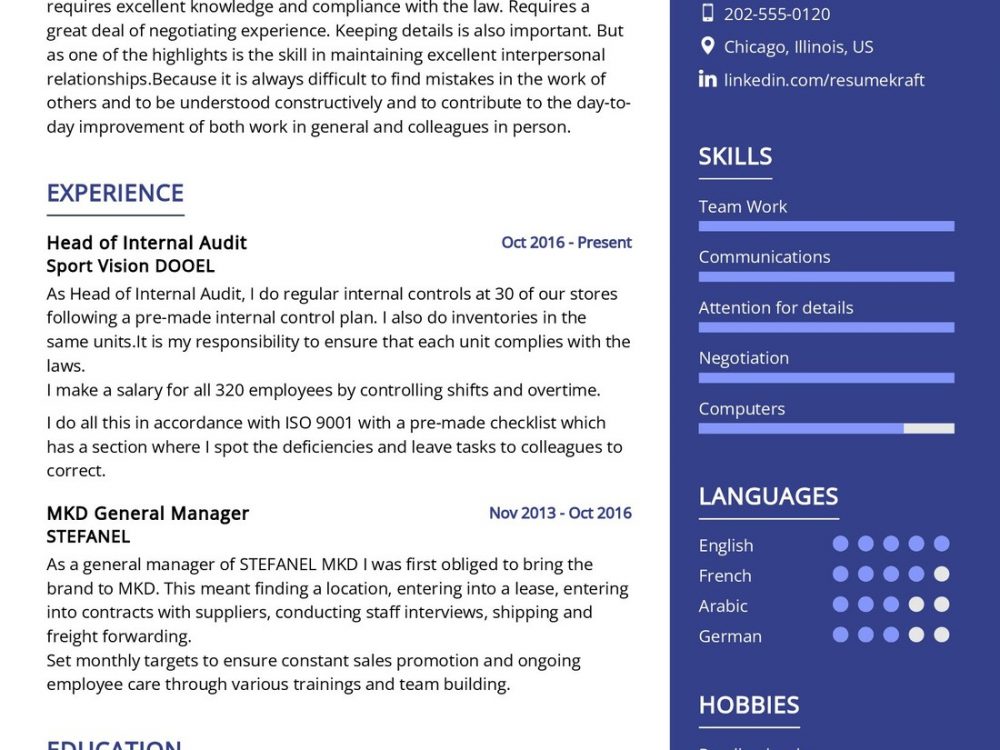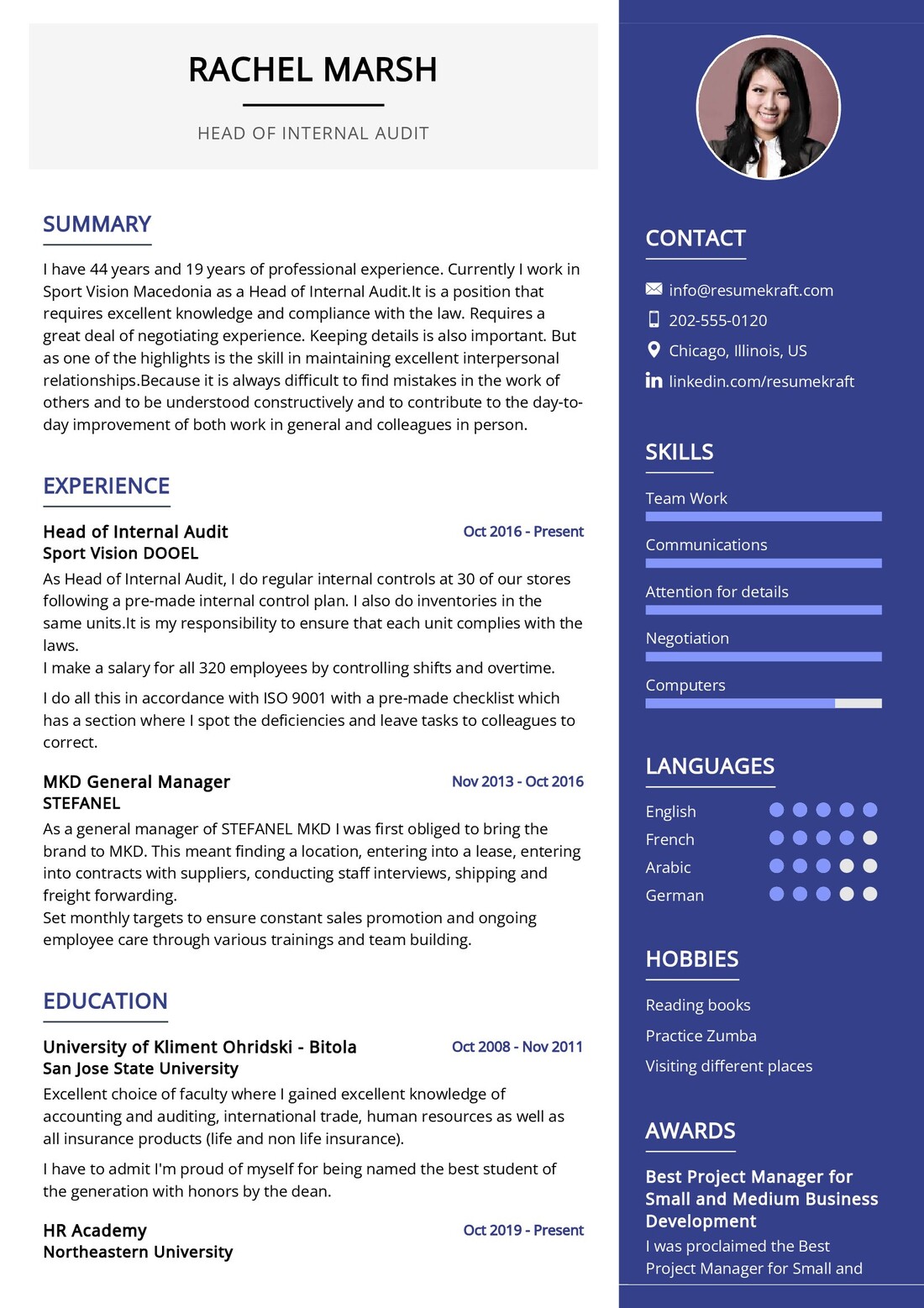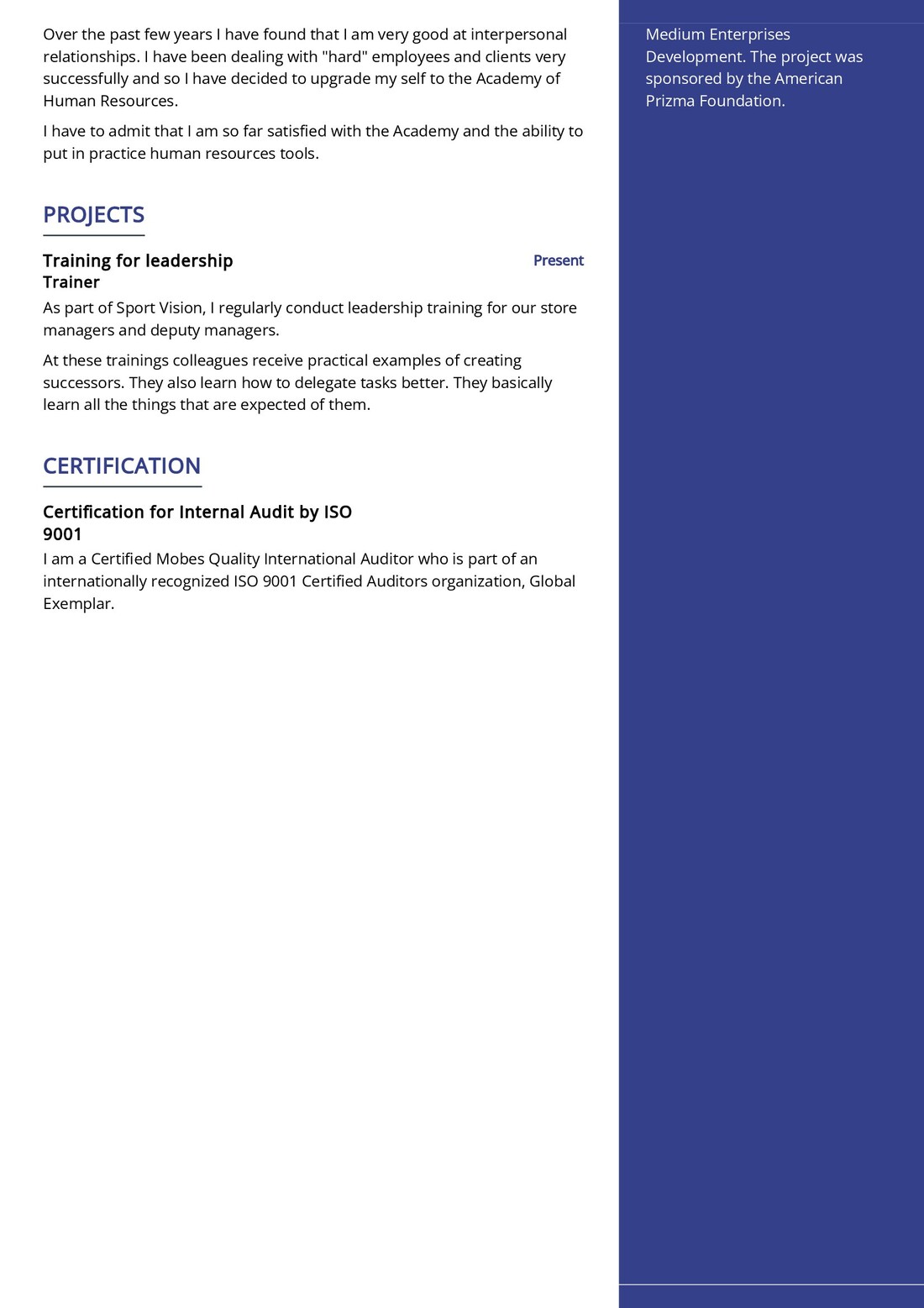What is the Role of an Internal Auditor?
In the dynamic world of business, the role of an Internal Auditor stands as a pillar of integrity and diligence. This role is not just about number-crunching; it’s about being the guardian of an organization’s operational efficiency, compliance, and financial health. Let’s delve deeper into the multifaceted role of an Internal Auditor, a position that demands a keen eye for detail and a deep understanding of the business landscape.
An Internal Auditor is tasked with the responsibility of evaluating and improving the effectiveness of risk management, control, and governance processes in an organization. They scrutinize the financial statements, assess the internal controls, and ensure compliance with laws and regulations. Their role extends to advising management on how to optimize operations and suggesting improvements for enhancing the organization’s overall efficiency and performance. It is a role that requires a fine balance of analytical skills, business acumen, and a deep understanding of regulatory frameworks.
What are the Internal Auditor Job Requirements?
Embarking on a career as an Internal Auditor requires meeting a series of stringent requirements, a journey that is both demanding and rewarding. The path is paved with continuous learning and gaining hands-on experience. Let’s delve deeper into the prerequisites that one needs to fulfill to embrace the role of an Internal Auditor:
- A Bachelor’s or Master’s degree in Accounting, Finance, Business Administration, or a related field, showcasing a strong foundation in the financial domain.
- Profound knowledge of accounting principles, auditing standards, and financial regulations, a testament to your expertise in the field.
- Experience in internal auditing, risk management, or a related field, a journey where you have nurtured your skills and grown in your role.
- Certifications such as Certified Internal Auditor (CIA) or Certified Public Accountant (CPA), which stand as a testimony to your knowledge and skills.
- Excellent analytical and problem-solving skills, honed through experiences and possibly through courses and certifications.
- Ability to work under pressure, a trait developed over years of working in the fast-paced financial environment.
Securing additional certifications in auditing and financial management can be a feather in your cap, enhancing your profile in the competitive job market.
What are the Responsibilities of an Internal Auditor?
The role of an Internal Auditor is a tapestry of varied responsibilities, woven with threads of diligence, expertise, and strategic vision. Let’s unravel the core responsibilities that define this role, each thread narrating a story of dedication, knowledge, and innovation:
- Conducting financial and operational audits to ensure accuracy and compliance with applicable standards and regulations.
- Identifying areas of risk and evaluating the effectiveness of control measures in place.
- Developing and implementing audit plans, a meticulous process that demands a deep understanding of the business landscape.
- Preparing detailed audit reports, a narrative that outlines the findings and suggests improvements.
- Collaborating with various departments to foster a culture of transparency and compliance.
- Keeping abreast with the latest developments in financial regulations and industry standards, steering the organization towards adopting best practices and innovative solutions.
Each responsibility comes with its own set of challenges and learning, shaping you into a professional par excellence.
Internal Auditor Resume Writing Tips
As you embark on the journey to craft a resume that stands tall in the pool of applications, remember that your resume is a reflection of your journey, your growth, and your aspirations. Here are some tips to help you narrate your story effectively through your resume:
- Highlight your experience in internal auditing, showcasing instances where you have played a pivotal role in enhancing organizational efficiency.
- Detail initiatives or programs you have spearheaded, narrating the impact they had on the organization’s financial health.
- Include metrics to quantify your achievements, painting a picture of your successes through numbers.
- List relevant certifications, showcasing your commitment to continuous learning.
- Personalize your resume for the specific role, weaving a narrative that resonates with the job description.
Each tip is a brushstroke, helping you paint a portrait that is both compelling and authentic.
Internal Auditor Resume Summary Examples
Your resume summary is the opening act of your career story, setting the stage for what is to follow. It should be a powerful snapshot of your journey, encapsulating your experiences, skills, and the value you bring to the table. Here are some examples to inspire you:
Each summary is a window to your professional world, offering a glimpse of your journey and the path you have traversed.
Create a Strong Experience Section for Your Internal Auditor Resume
Your experience section is the heart of your resume, pulsating with the rich experiences you have garnered over the years. It should be a detailed narrative of your journey, highlighting the roles you have embraced and the milestones you have achieved. Here are some tips to help you craft a compelling experience section:
- Detail your role in conducting financial and operational audits, showcasing your expertise in ensuring compliance and enhancing efficiency.
- Highlight projects where you have played a pivotal role, narrating the impact and the value addition.
- Include instances where you have collaborated with various departments, showcasing your ability to work in a cross-functional environment.
- Detail the strategic initiatives you have spearheaded, painting a picture of your visionary approach.
Each experience is a chapter in your career story, narrating the path you have traversed and the milestones you have achieved.
Sample Education Section for Your Internal Auditor Resume
Your education section is the foundation of your career, showcasing the knowledge base you have built over the years. It should detail your academic journey, highlighting the degrees and certifications that have shaped your career. Here is a sample education section to inspire you:
- Bachelor of Science in Accounting, XYZ University, 2015
- Master of Business Administration (Finance), ABC University, 2018
- Certified Internal Auditor (CIA), Institute of Internal Auditors, 2019
Each degree and certification is a milestone in your academic journey, a testimony to your dedication and commitment to learning.
Internal Auditor Skills for Your Resume
Your skills section is a showcase of your abilities, a gallery where you exhibit the tools you have honed over the years. It should detail both the soft and hard skills that make you the perfect candidate for the role. Here is a sample skills section to guide you:
Soft Skills:
- Analytical thinking, the ability to dissect complex data and derive meaningful insights.
- Attention to detail, a meticulous approach to auditing and compliance.
- Communication skills, the art of conveying complex information in a simple and effective manner.
- Teamwork, the ability to collaborate effectively with cross-functional teams.
- Problem-solving, the knack for finding solutions to complex challenges.
Hard Skills:
- Proficiency in accounting software, a skill that brings efficiency to the auditing process.
- Knowledge of financial regulations and standards, a deep understanding that ensures compliance.
- Experience in risk assessment and management, a skill that safeguards the organization’s interests.
- Expertise in data analysis, a tool that helps in deriving meaningful insights from complex data sets.
Each skill is a tool in your toolkit, aiding you in performing your role with diligence and expertise.
Most Common Mistakes to Avoid When Writing an Internal Auditor Resume
As you craft your resume, it is essential to steer clear of common pitfalls that can hinder your journey to landing your dream job. Here we list down the mistakes often seen in resumes and how to avoid them:
- Using a one-size-fits-all approach, a strategy that fails to showcase your unique fit for the role.
- Listing job duties without showcasing your achievements, a narrative that lacks depth.
- Ignoring the cover letter, a missed opportunity to narrate your story and connect with the potential employer.
- Overloading your resume with technical jargon, a strategy that can obscure your true value.
- Failing to proofread, a mistake that can leave a dent in your professional image.
Each mistake is a pitfall, avoid them to craft a resume that is both authentic and compelling.
Key Takeaways for Your Internal Auditor Resume
As we reach the end of this comprehensive guide, let’s recap the key points to keep in mind while crafting your Internal Auditor resume:
- Emphasize your leadership journey, showcasing the milestones achieved and the teams led.
- Highlight your technical proficiency, showcasing your expertise in auditing technologies and financial regulations.
- Detail the strategic initiatives you have spearheaded, painting a picture of your visionary approach.
- Include a section on continuous learning, showcasing the certifications and courses undertaken.
Finally, feel free to utilize resources like AI Resume Builder, Resume Design, Resume Samples, Resume Examples, Resume Skills, Resume Help, Resume Synonyms, and Job Responsibilities to create a standout application and prepare for the Internal Auditor job interview.
With this treasure trove of insights and tips, you are now equipped to craft a resume that is a true reflection of your journey, your skills, and your aspirations. Remember, your resume is not just a document; it is a canvas where you paint your career story, a story of growth, learning, and leadership. Best of luck!



